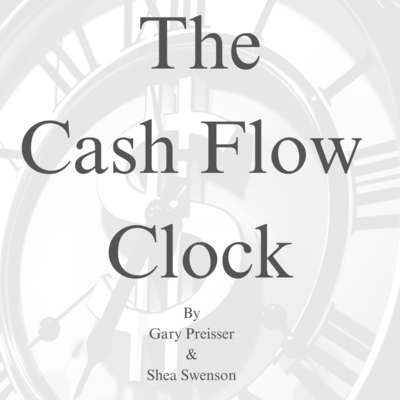The Cash Flow Clock: For Retirees - Book - Page 41

The Cash Flow Clock
wages) and will be in a higher tax bracket (because they are now filing as a
single taxpayer instead of married filing jointly).
This does not mean that we shouldn’t utilize tax deferred accounts,
especially when our income is high. It means we should not expect to
simply remain in those accounts for the rest of our lives. We need to have a
strategic tax plan.
A Tax Forecast is not a crystal ball that tells us our future, but it can help us
consider different scenarios and how they will affect our tax liability. It can
tell us what tax brackets we are in now, what brackets we will likely be in,
and how those could change when a spouse passes.
Each situation is unique. If our tax forecast shows that our taxable income
will stay under the standard deduction for our lifetime, then there is no need
to do any Roth conversions. Any assets that will be used for QCDs or
donated to charity upon our passing certainly shouldn’t be converted to
Roth. There is no reason to pay tax now if we (and our estate) can avoid it
altogether later.
But there are times when a conversion can be the best thing to do. We have
recommended Roth conversions for employees and business owners early in
their career. Their income may be high, but it is likely to increase. Their
deductions are probably high and are likely to decrease. If they can
contribute to and/or convert to Roth accounts and stay in the 12% bracket,
they should probably do it before they end up in the 15%, 25% or even
higher tax brackets. If their income is higher, it may be worthwhile to max
out the 24% tax bracket before they end up paying taxes at over 30%. Those
Roth assets can grow tax free for 60, 80, perhaps even 100 years.
We have recommended Roth conversions for recent retirees. If their taxable
income is less once they have stopped working, we want to take full
advantage of the lower tax rates while we can.
We have even recommended Roth conversions for those in their 80’s and
90’s, typically our clients’ parents or other family members. If they have tax
deferred assets that will pass to our clients, then it may be worthwhile for
them to pay the taxes now (or have their beneficiaries pay the taxes now) so
that the taxes won’t have to be paid at higher rates after they pass.
37